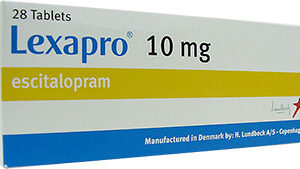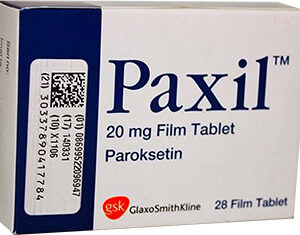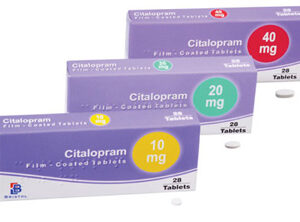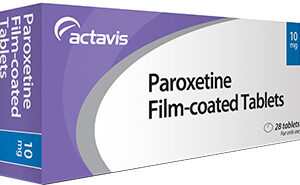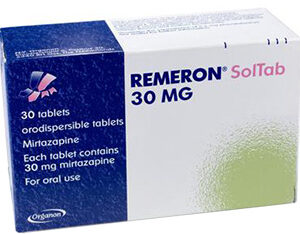Depression
Depression medications, known as antidepressants, are a key tool in managing and treating depression, a mental health condition characterized by persistent feelings of sadness, loss of interest, and a range of physical symptoms. These medications work by balancing chemicals in the brain, such as serotonin and norepinephrine, that affect mood and emotional state. There are several types of antidepressants, including selective serotonin reuptake inhibitors (SSRIs), serotonin and norepinephrine reuptake inhibitors (SNRIs), and tricyclic antidepressants, each with its mechanism of action and potential side effects.
The practical approach to using antidepressants involves a careful assessment by a healthcare provider to choose the most suitable medication based on the individual’s specific symptoms, medical history, and other factors. It’s important for patients to communicate openly with their healthcare provider about how they feel during the treatment, as finding the right medication or combination of medications can sometimes require adjustments.
Patients should be aware that while antidepressants can be highly effective in managing depression, they often take several weeks to start showing significant benefits. Adherence to the prescribed treatment, even if immediate changes are not felt, is crucial. Combining medication with therapy, lifestyle changes, and support from loved ones can enhance the effectiveness of treatment and contribute to a more comprehensive approach to managing depression.
Showing all 8 resultsSorted by average rating
-
Depression
Lexapro
-
Depression
Amitriptyline
-
Depression
Celexa
-
Depression
Paxil
-
Depression
Citalopram
-
Depression
Lithium
-
Depression
Paroxetine
-
Depression
Remeron



